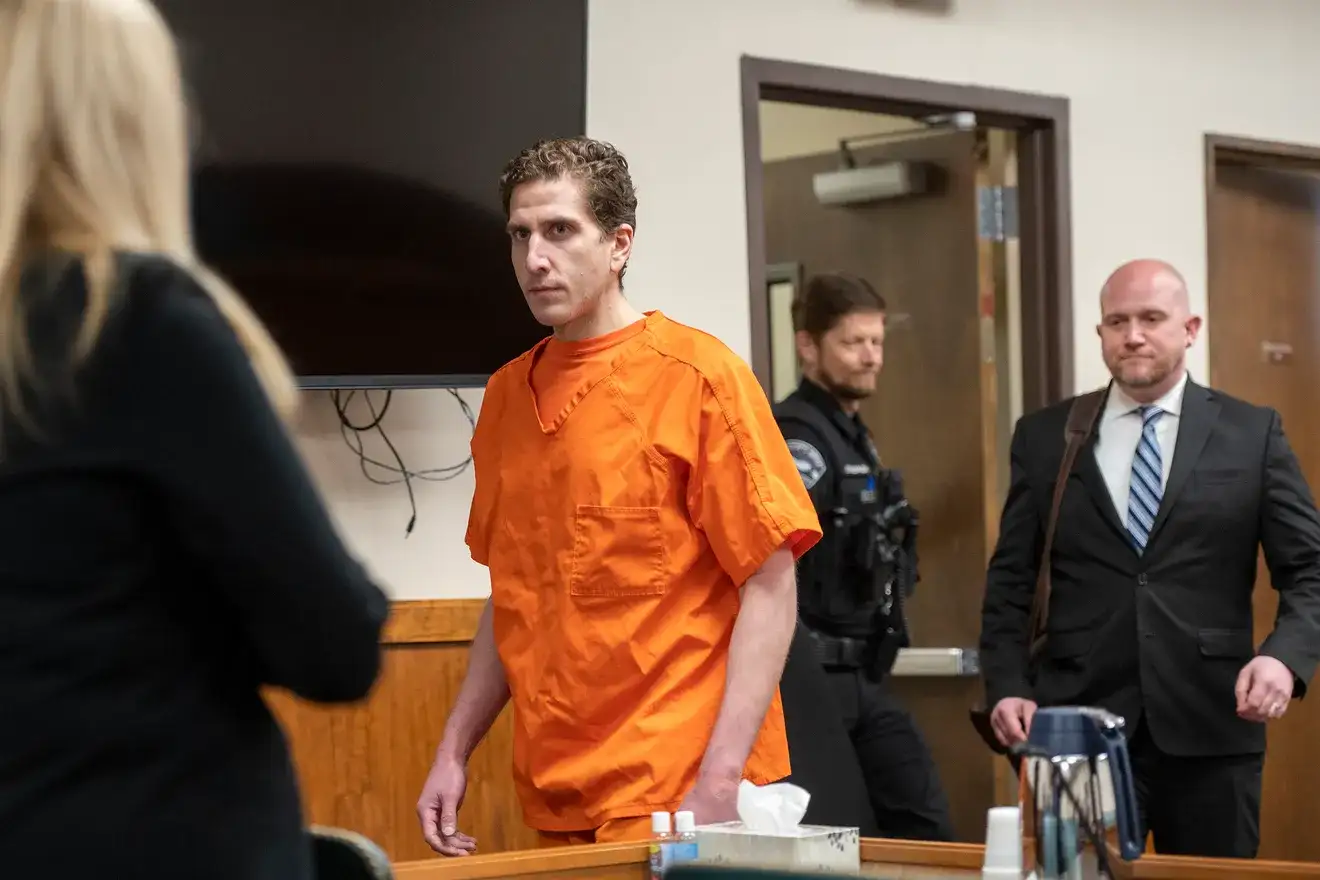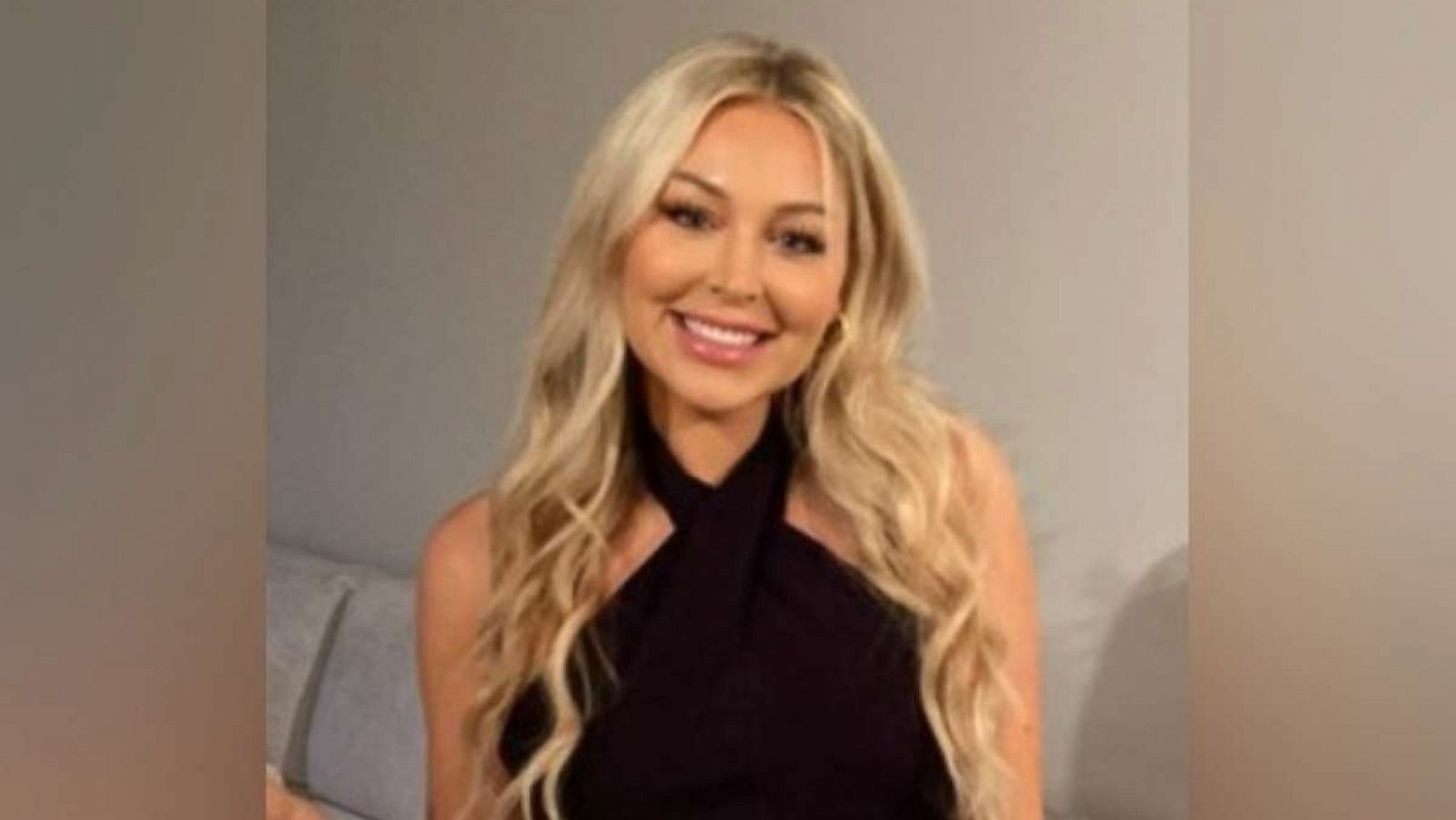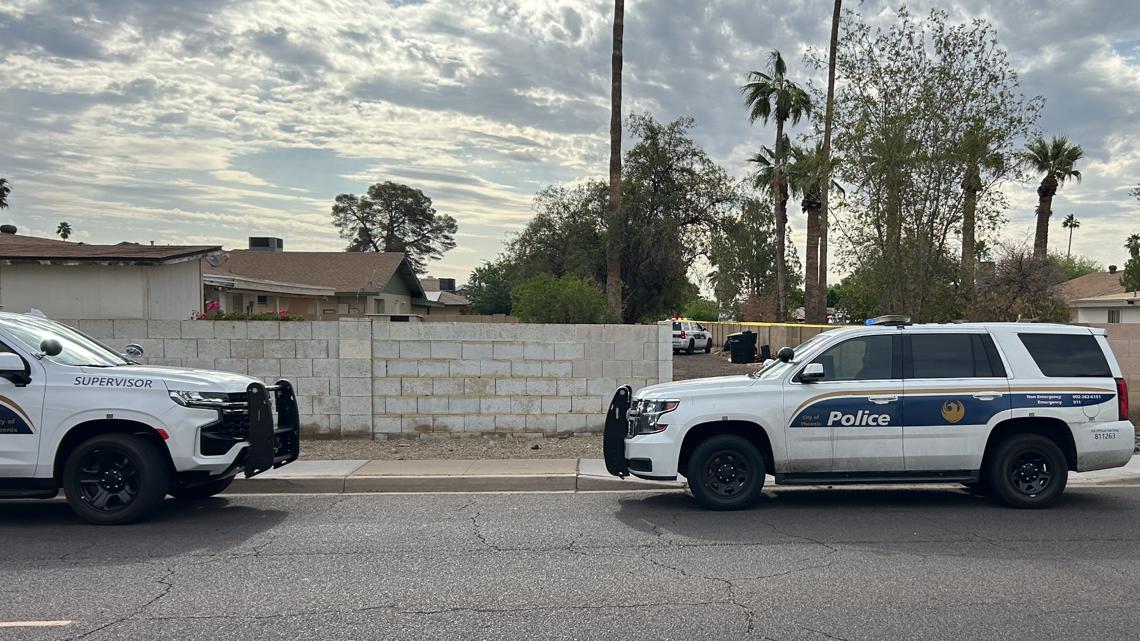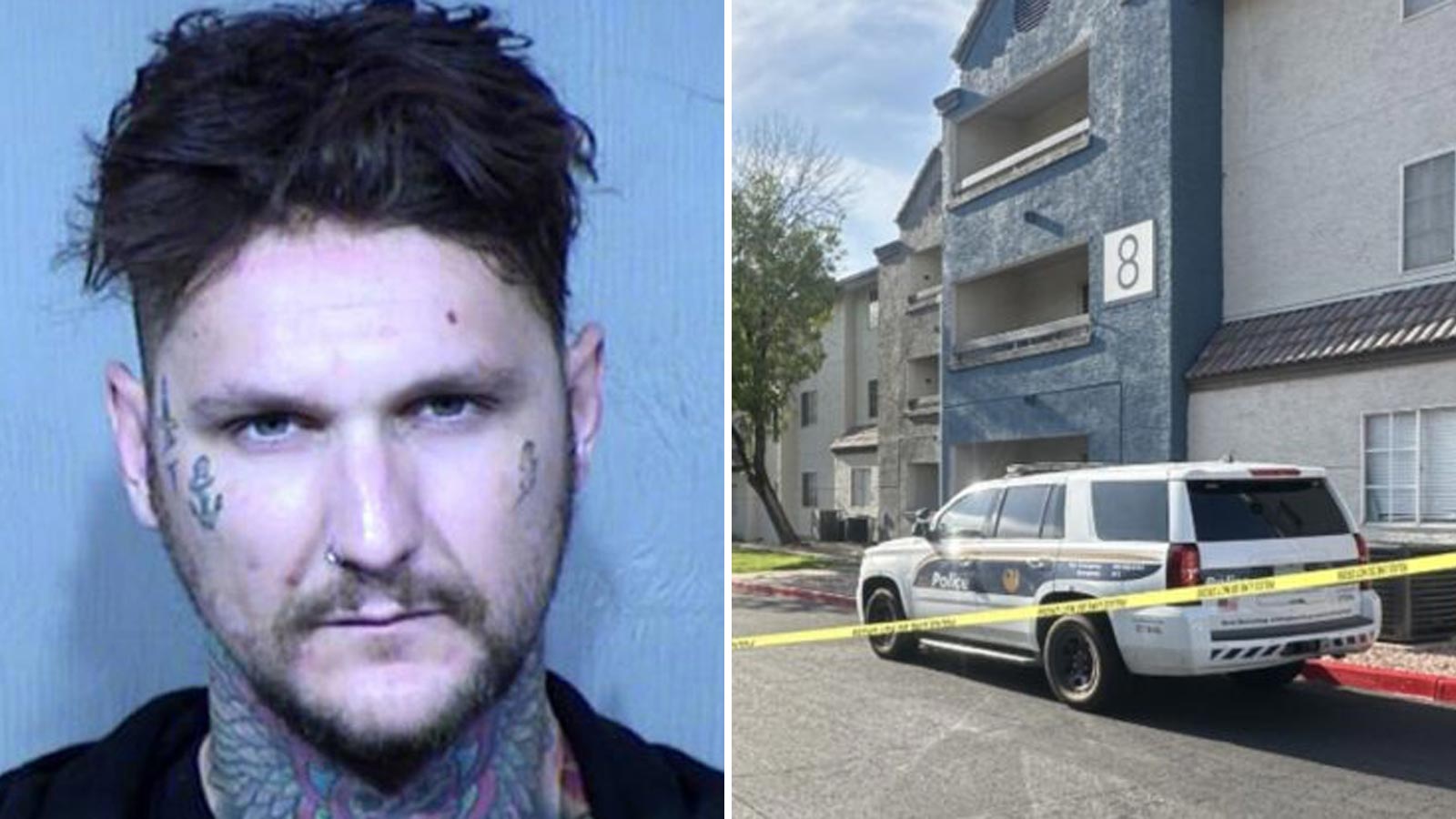Bryan Kohberger, the accused quadruple killer, does not want cameras allowed in the courtroom during his October trial and has requested the court to maintain a gag order that a coalition of media groups, including Law&Crime, has challenged as “overly broad.”
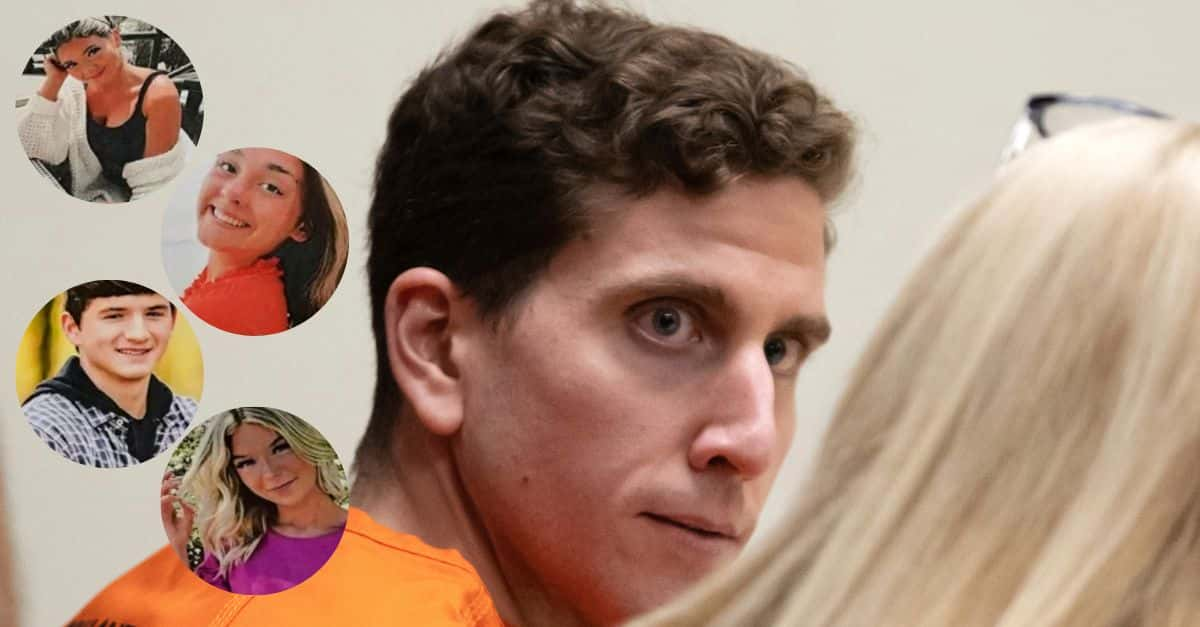
Kohberger is charged with four charges of first-degree murder and one act of burglary in the November murders of Maddie Mogen, Kaylee Goncalves, Xana Kernodle, and Ethan Chapin. The four were stabbed to death in a residence near campus, some while sleeping.
The former Washington State University Ph.D. student pled not guilty and told Law&Crime earlier this year through a counsel that he is “eager to be exonerated.”
The case has piqued the interest of people all across the world. As the hunt for the murderer intensified, the media descended on Moscow, Idaho, a small college town. The matter has also been incessantly discussed on social media.
Anne Taylor, Kohberger’s public lawyer, and Latah Co. Following his arrest, Prosecutor Bill Thompson consented almost immediately to a gag order. The “non-dissemination order” prevents anyone from the prosecution or defense from making statements outside of the courtroom.
READ ALSO: Trump Faces Seven Counts Of Corruption, Conspiracy, And False Statements
Magistrate Judge Megan Marshall extended that order early this year to the victims’ families and attorneys. Shanon Gray, an attorney for Goncalves’ family, has requested the court to allow him to speak on their behalf again.
Law enforcement agencies have blocked a number of public records requests for material that would normally be released since the gag order was issued. Law&Crime has filed a declaration explaining a number of the refused requests.
Kohberger’s counsel has requested Judge John Judge to maintain the gag order. They point to a recent episode of “Dateline” as an example of “biased and intense media coverage” that included a “leak” that misrepresented facts. His attorneys went on to describe some media sites as “a never-ending circus of bad facts and worse opinions.”
Kohberger’s attorneys also point to studies on media coverage conducted by Jean Saucier of Truescope, a media intelligence firm. Kohberger intends to call her as a witness on Friday to talk about how social media amplified unfavorable tales about her.
For Kohberger’s future trial, the media alliance has requested that cameras be permitted in the courtroom. Cameras were permitted at Kohberger’s initial appearance in January and arraignment last month. Wendy Olson and Cory Carone, the media’s attorneys, argue that the trial of Derek Chauvin supports permitting cameras.
In May 2020, Chauvin was convicted guilty of second-degree murder in the death of George Floyd by a Minneapolis police officer. Floyd’s death provoked protests in places all around the world. Cameras are not permitted in the courtroom in Minnesota, but in Chauvin’s case, Judge Peter Cahill — who previously opposed cameras in the courtroom – allowed cameras to broadcast the trial due to the seriousness of the case and the COVID-19 pandemic. Cahill made a compromise by limiting how close a camera could photograph Chauvin.
The media attorneys also bring up Lori Vallow Daybell’s recent murder trial in Idaho. Vallow Daybell was found guilty of the murders of her two children, Tyler Ryan and J.J. Vallow, as well as plotting the murder of her late husband’s late wife, Tammy Daybell. At Vallow Daybell’s request, Judge Stephen Boyce barred cameras from the courtroom, but he allowed the release of audio of the testimony each day.
The media coalition claims that denying the public access to the Kohberger trial has cast doubt on the judicial process’s credibility. Meanwhile, Kohberger deems permitting cameras in the courtroom a “distraction” that “allows unfairly prejudicial coverage.”
Defense attorneys cited a Nancy Grace social media post and an episode of Law&Crime’s Sidebar podcast in which Kohberger’s body language was examined. Body language analysis was labeled “pseudoscience” by Kohberger, who, like the prosecutors, cited the Vallow Daybell case to buttress their case against cameras. Following a pre-trial hearing in which a camera was trained directly on Vallow Daybell, her attorneys requested that cameras be prohibited.
In terms of the state, Latah Co. Prosecutor Bill Thompson is deferring to the court’s “sound discretion,” claiming that some witnesses may fear harassment and jurors may have access to arguments made outside of their presence during off-hours.
He also indicated a U.S. Estes v. Texas, a Supreme Court case, stated that widespread broadcasting of hearings can violate a defendant’s due process rights. However, he proposed that if cameras are permitted, the court controls their arrangement and perspective.
The proceedings on Friday will be covered by Law&Crime. The motion to alter the gag order filed by attorney Shanon Gray will be heard at 1:30 p.m. Beginning at 1 p.m. EDT/10:30 a.m. PDT, the Law&Crime Network will broadcast a live Q&A on the case. EDT.
READ ALSO: A Man At A Nonprofit Was Greeted With A Macabre Scene Of Burning Sage And Severed Heads
